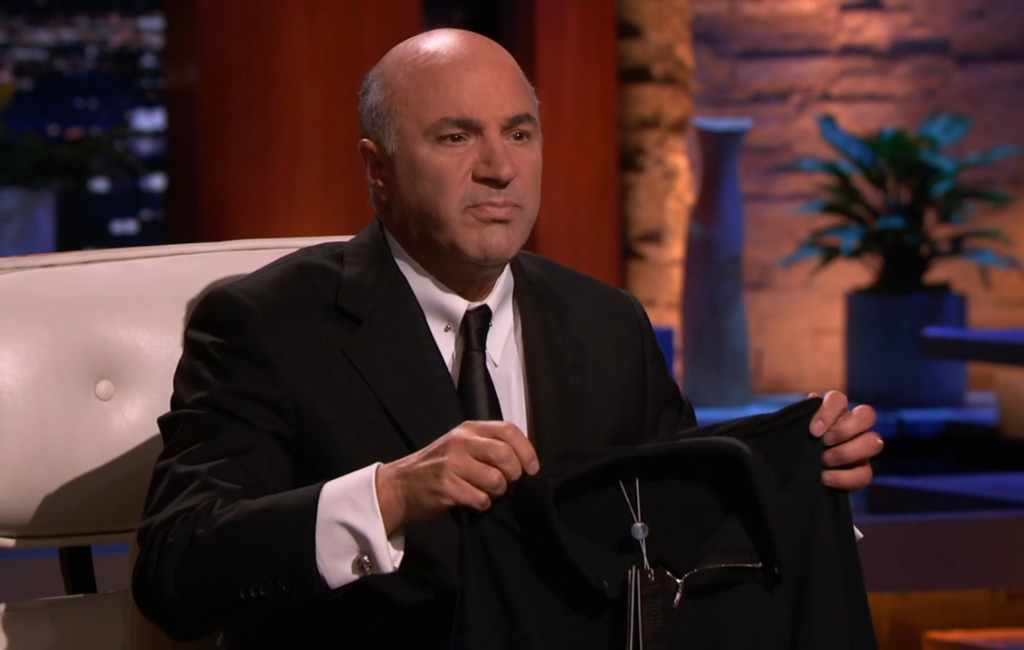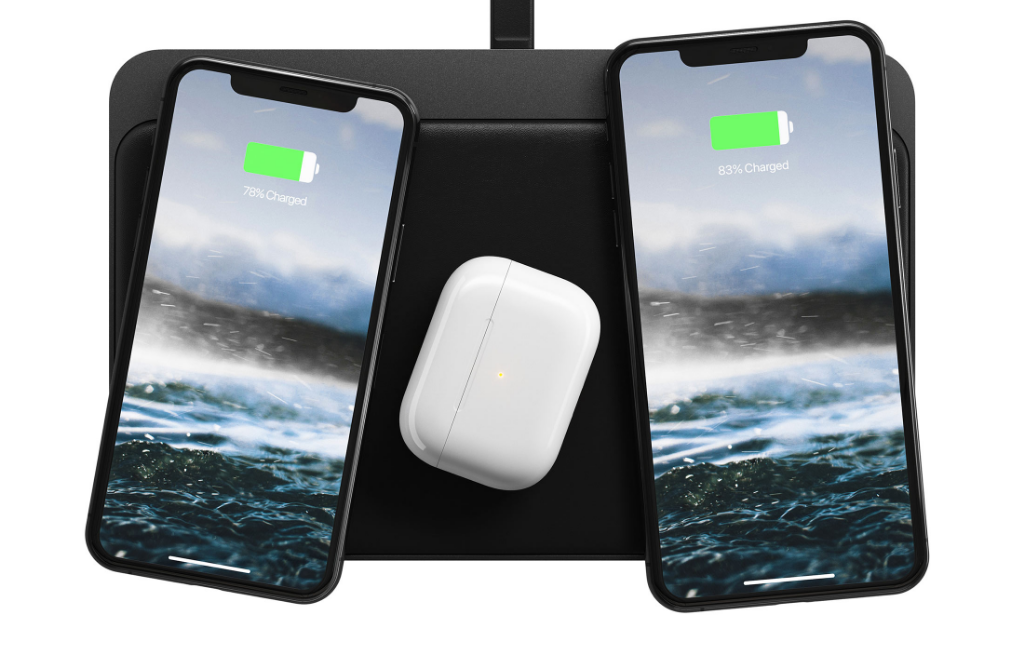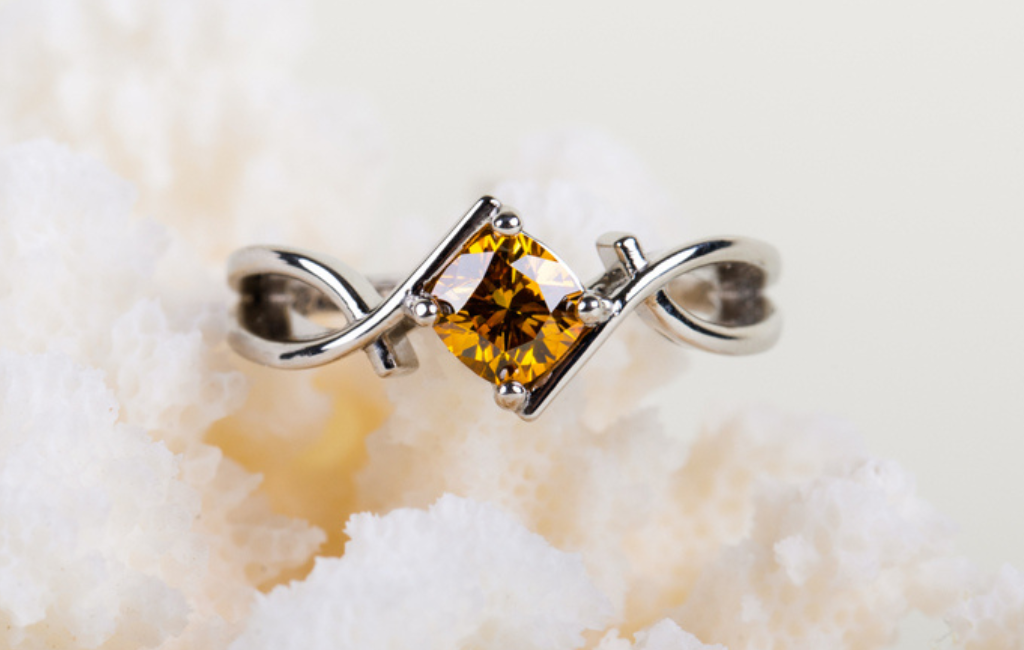Baobab Clothing
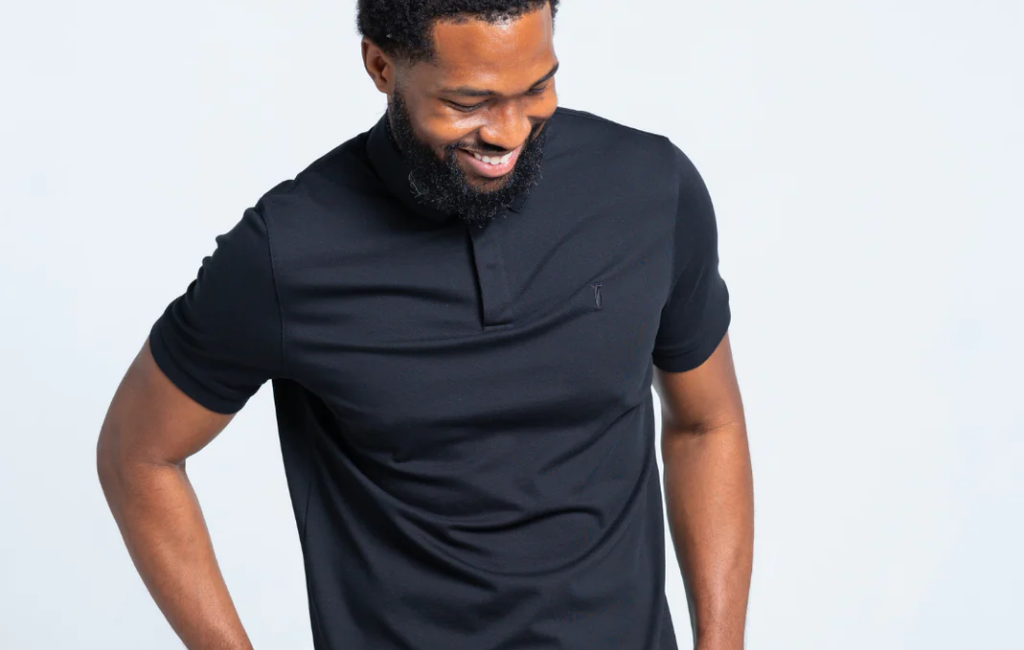
NO DEAL
EPISODE SUMMARY
🕓 Air Date: October 13, 2019
Asking For:
$150,000 for 10%
Investor:
No Deal
Deal:
No Deal
PRODUCT SUMMARY
Baobab offers the perfect polo shirt made from Peruvian Pima cotton, utilizing their proprietary BaoTech fabrication process for stain resistance, shrink prevention, and a patent-pending stay-flat collar.
WATCH HERE
IN A RUSH?
Click these to jump to the section you want to read.
Background Story
Brandon and Marcellus, two professionals in New York City, identified common issues with traditional polo shirts such as fading, shrinking, and collar problems. Being passionate about polo shirts, they embarked on a mission to solve these problems through design, technology, and innovation. Their frustration with existing options led them to create Baobab, aiming to provide the market with the perfect polo shirt.
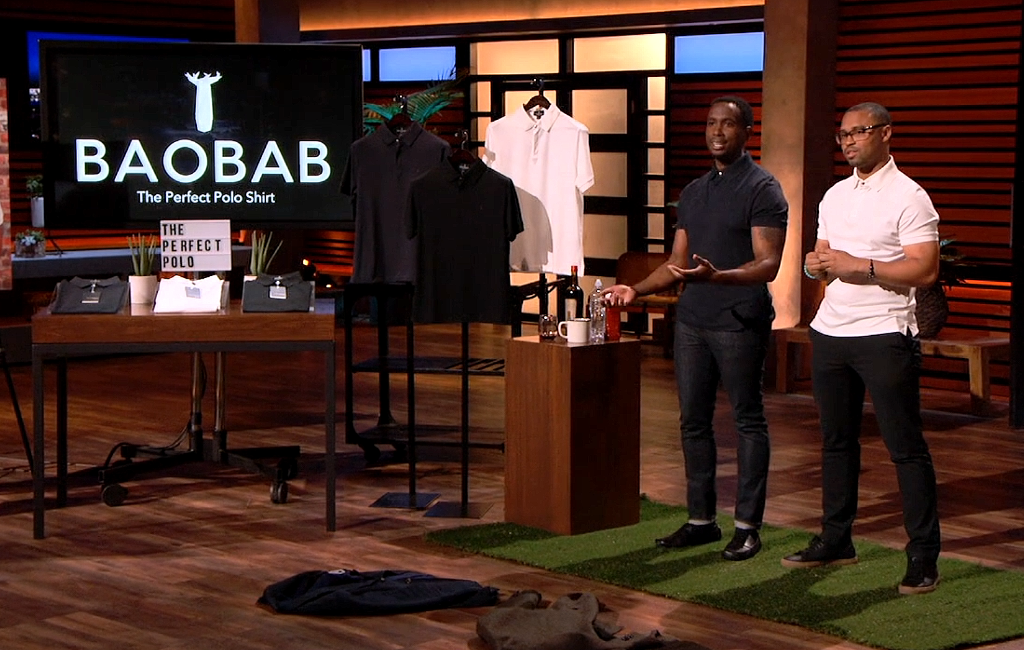
Brandon’s background involves managing mobile apps for companies like American Express, while Marcellus worked in media partnerships with companies like Hearst Media and Travelzoo. They started Baobab in 2017 after a successful crowdfunding campaign that raised $32,000 for research and development.
The Product
Baobab’s polo shirt is crafted from Peruvian Pima cotton, with a unique BaoTech fabrication process that makes it resistant to stains, shrinking, and fading. The shirt’s fabric undergoes a treatment during production that protects it from various substances, including coffee, wine, and ketchup.
The patent-pending stay-flat collar addresses the common issue of collars losing their shape over time. Additionally, the shirt features a hidden microfiber cloth for cleaning glasses, adding a functional touch. Priced at $98, the shirt is made of 98% Peruvian Pima cotton and 2% stretch for added comfort.
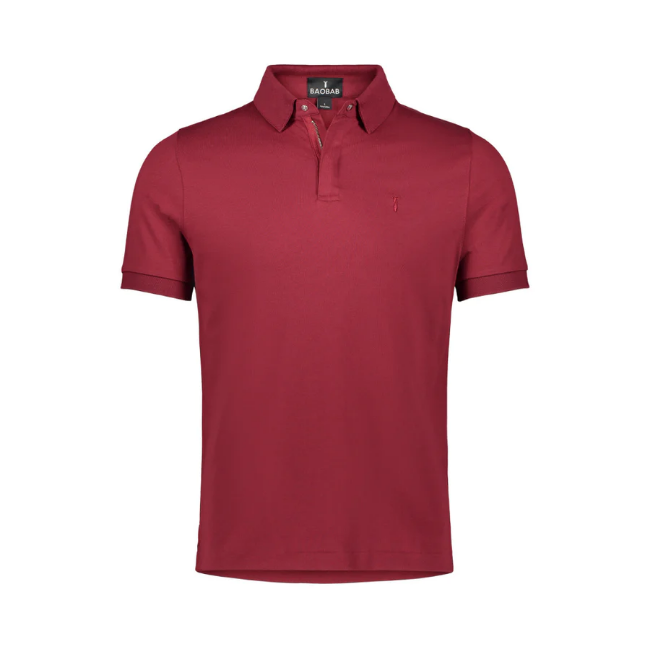
How It Went
The company’s position before Shark Tank
Baobab launched through a crowdfunding campaign in 2017, raising $32,000 for research and development. The founders claim a valuation of $1.5 million based on anticipated future sales, with $85,000 in gross revenue to date. They invested $35,000 of their own money into the business.

The founders operate the business full-time, occasionally supplementing their income with consulting opportunities, primarily focused on digital customer acquisition. Baobab has sold $32,000 worth of inventory, with a goal to close the year at $400,000. Their marketing strategy relies heavily on digital channels, utilizing Facebook and Instagram ads. However, their cost per acquisition is $38, and their repeat customer rate is around 25%.
The Negotiations:
The founders sought $150,000 for 10%, valuing the company at $1.5 million. While expressing enthusiasm for the product, the sharks raised concerns about the competitive nature of the menswear industry and its valuation. When questioned about the $1.5 million valuation, the founders explained their calculation based on projected future sales, which did not align with the current gross revenue of $85,000.

The sharks were interested in understanding the founders’ digital marketing expertise, but the founders failed to convincingly communicate their skills in that area. Despite positive remarks about the shirt’s quality and features, none of the sharks were willing to invest, and all five sharks opted out. The negotiation highlighted challenges in justifying the company’s valuation and the founders’ ability to differentiate Baobab in a crowded market.
